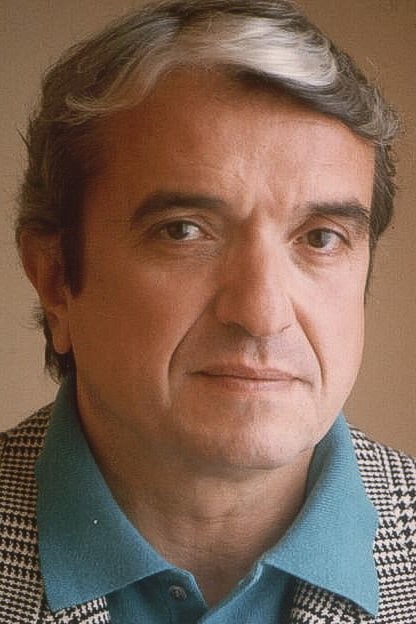Wenn aktiviert werden Animationen deaktiviert
Wenn aktiviert werden keine oder kleinere Bilder geladen
Wenn aktiviert wird ein helles statt dunkles Design genutzt
Wenn aktiviert wird eine kompakte Startseiten Version gezeigt
Setzt die primäre Ausgabesprache der Website fest
Selektiert wenn vorhanden die bevorzugte Audioausgabe
Selektiert wenn vorhanden die bevorzugte Videoqualität
Hebt wenn vorhanden den ausgewählten Hoster hervor
Filtert die Updateliste auf der Startseite
Wir speichern deine Filme unter deiner FilmFans-ID # und in einem Cookie. Solltest du deine Liste löschen wollen, lösch einfach deine Cookies. Du kannst deine FilmFans-ID nutzen um deine Liste auf mehreren Geräten abrufbar zu machen.
Aktiviert Benachrichtigungen für dieses Gerät
Kein Problem wir benachrichtigen dich gern. Alles was du dafür tun musst, ist deinem Browser einmalig die Erlaubnis erteilen, dass wir dir Benachrichtungen schicken dürfen.
Du kannst deine Einstellungen jederzeit wiederurfen, Serien entfernen oder neue hinzufügen.

Ruggero Raimondi (born 3 October 1941) is an Italian bass-baritone opera singer who has also appeared in motion pictures. Ruggero Raimondi was born in Bologna, Italy, during World War II. His voice matured early into its adult timbre, and at the age of 15, he auditioned for conductor Francesco Molinari-Pradelli, who encouraged him to pursue an operatic career. He began vocal studies with Ettore Campogalliani, and was accepted at age 16 as a student at the Giuseppe Verdi Conservatory in Milan. He then continued his studies in Rome, under the guidance of Teresa Pediconi and Armando Piervenanzi. After having won the National Competition for young opera singers in Spoleto, he made his debut in the same city in the role of Colline in La bohème in the Festival dei Due Mondi. Subsequently, an opportunity arose for him at the Teatro dell'Opera in Rome when he was called upon to substitute in the role of Procida in Giuseppe Verdi's I vespri siciliani, and he received enormous success from the public and the critics. The young singer was very shy and stiff at first, but his early directors helped him, and he was soon an accomplished opera actor. Raimondi's career soon extended to the major opera houses in Italy, such as La Fenice in Venice, the Teatro Regio in Turin, Teatro Comunale in Florence and abroad, beginning with the Glyndebourne Festival (Don Giovanni in 1969). His La Scala debut was as Timur in Turandot in 1968, his Metropolitan Opera debut was as Silva in Ernani in 1970, and his Covent Garden debut was as Fiesco in Simon Boccanegra in 1972. In 1975, he made his Paris Opera debut as Procida, followed by the title role in Boris Godunov, and his Salzburg Festival debut in 1980 as the King in Aida. In 1986, he first directed a production of Don Giovanni, and decided to continue his career as a director as well. Some of his most important roles have been King Philip in Verdi's Don Carlos; Fiesco; the title roles in Boris Godunov (including the Andrzej Żuławski film) and Attila; Silva; Escamillo in Bizet's Carmen (including the Francesco Rosi film, 1984, with Plácido Domingo and Julia Migenes); the title role in Don Giovanni (including the Joseph Losey film, 1979); Count Almaviva in The Marriage of Figaro; and Don Alfonso in Così fan tutte; the title role in Don Quichotte by Massenet; and Scarpia in a recording of Tosca later filmed live from Rome, with Plácido Domingo and Catherine Malfitano, conducted by Zubin Mehta. He also made the television film Six Characters in Search of a Singer.[citation needed] In 2008, Raimondi made his television debut in the mini-series Le Sanglot des anges on French TV, in which he played the role of an Italian opera singer. In July 2011 he played the role of Pagano in Verdi's I Lombardi alla prima crociata on the rooftop of Milan Cathedral. The concert was organized by the Veneranda Fabbrica del Duomo di Milano to celebrate the 150th anniversary of Italian unification. Source: Article "Ruggero Raimondi" from Wikipedia in English, licensed under CC-BY-SA 3.0.